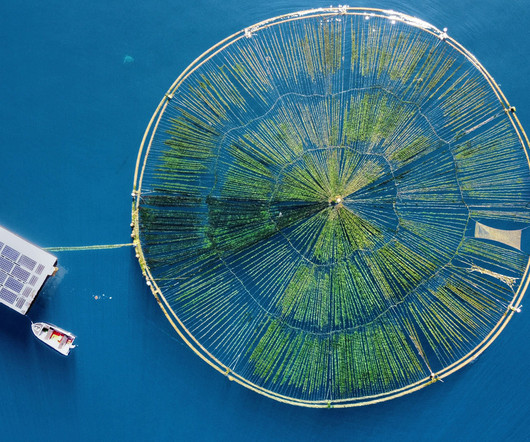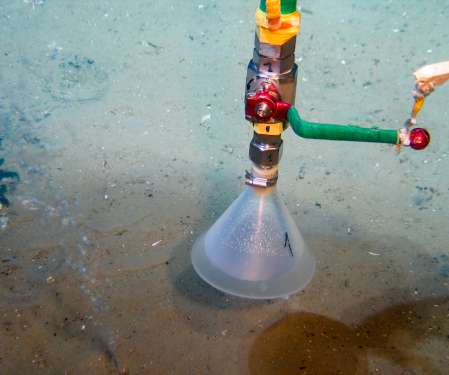Pilot Project Sends Kelp–and Carbon–to the Seafloor
Cars That Think
DECEMBER 21, 2023
Last January, in the waters off Cebu City in the Philippines, researchers first deployed a huge flexible ring seeded with seaweed and spanned by spokelike ropes and tubes. Every nightfall, cranks mounted on a floating platform lower the ring 25 meters below the surface to expose the seaweed to cooler, more nutrient-rich water.






































Let's personalize your content